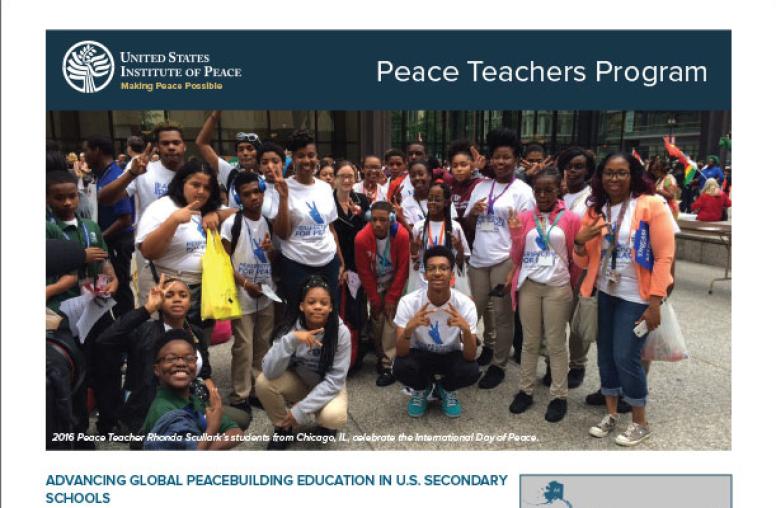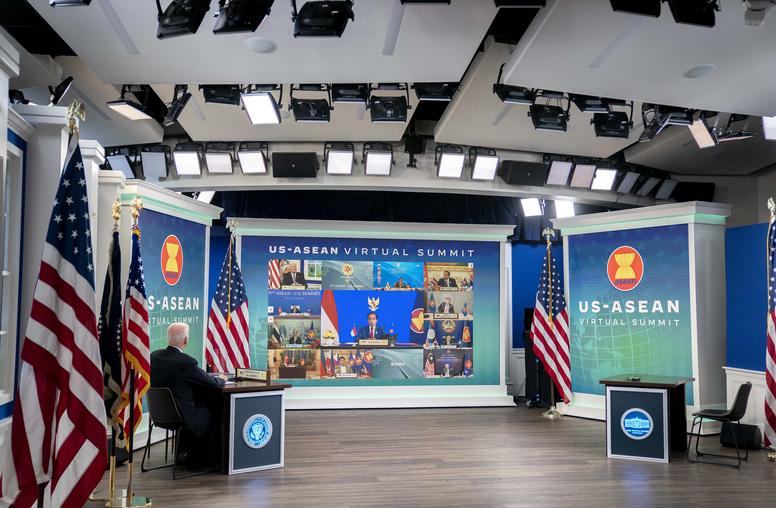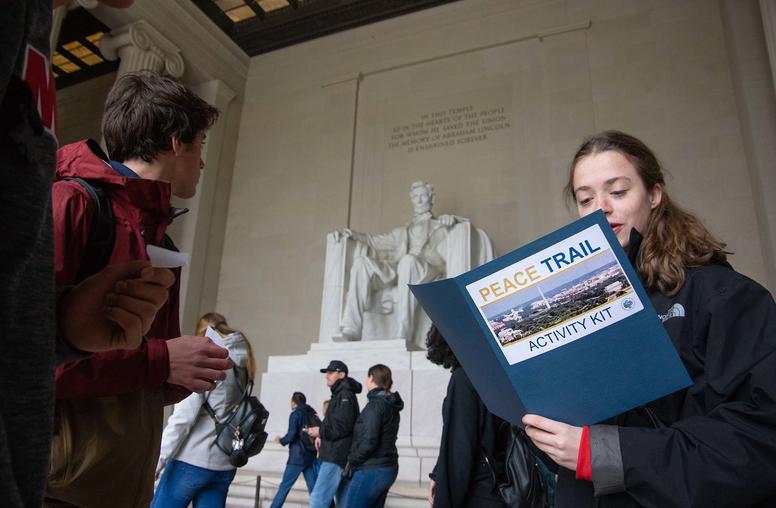Islamic Activism and U.S. Foreign Policy
For many in the West, political violence in Algeria, the Middle East, and elsewhere has come to symbolize the threat of “Islamic activism.” Terrorist attacks such as the bombing on the World Trade Towers have solidified this view. Western governments, however, must deal with the challenge of extremism in the broader context of their relations with diverse states with contrasting histories, geographies, and peoples.
To assess this challenge, the Institute brought together a distinguished group of policy analysts, practitioners, and scholars for a series of frank discussions. The sessions analyzed the nature of Islamic activism – including moderate political parties and militant extremists – and the options for policymakers to mitigate violence in a range of cases.
The main problem for the United States, participants concluded, is how to confront militant extremism while recognizing the importance of religious identity and the legitimate need in many countries for social and political reform. A foreword by William B. Quandt, Middle East expert and former National Security Council staff member, spells out how policymakers can respond most effectively to the challenge of Islamic activism.



